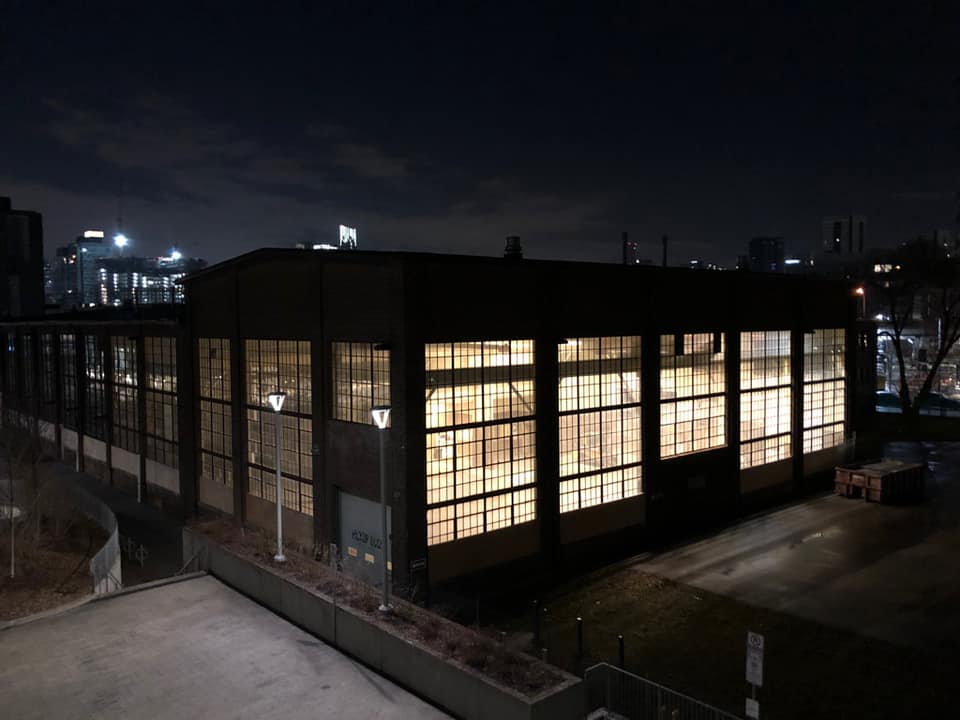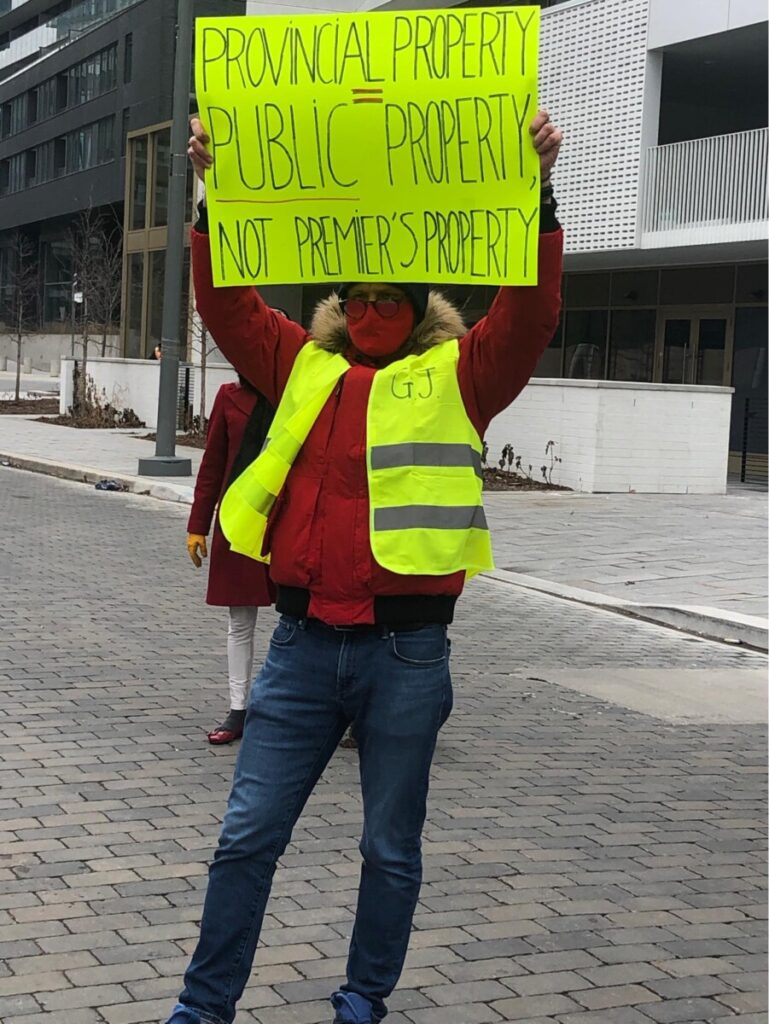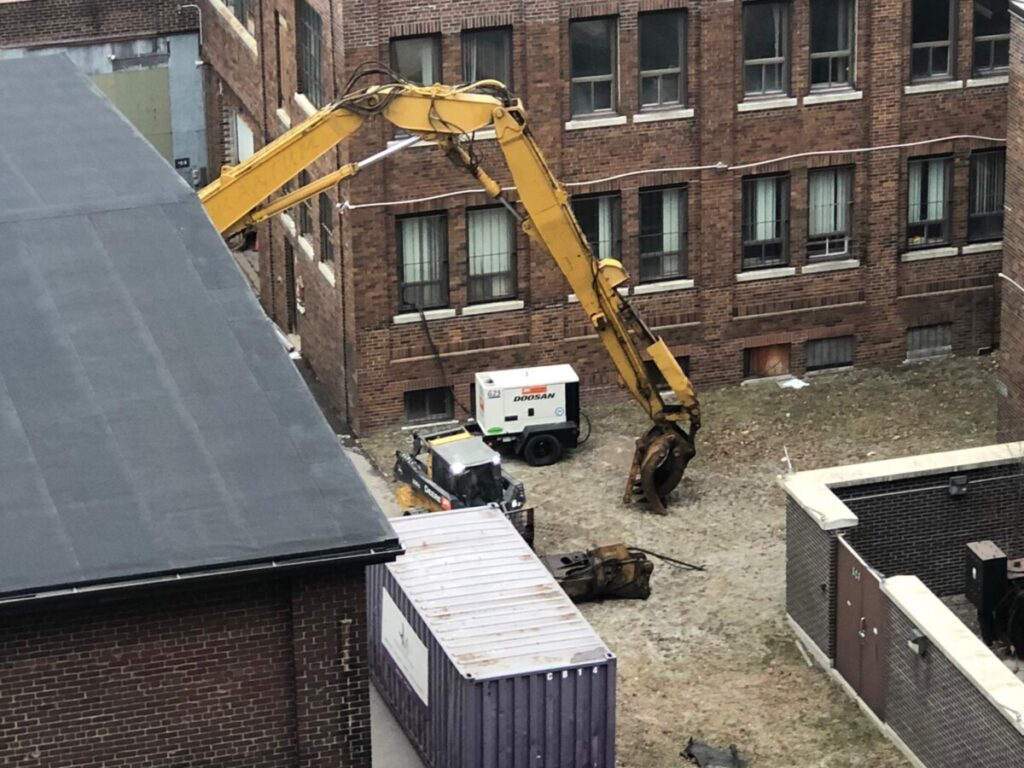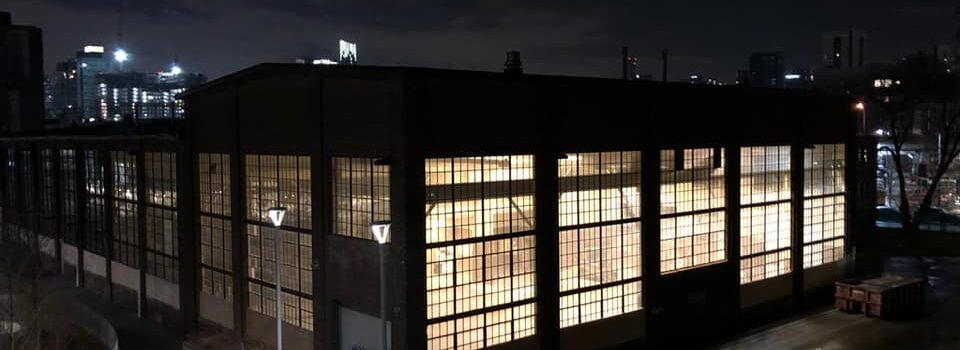
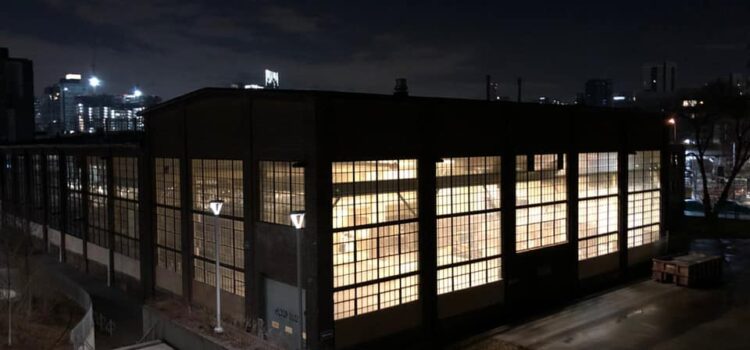
Ford gov’t deal in Foundry case upsets activists, city officials
NewsOntarioPoliticsPoliticsToronto Mar 4, 2021 Krystyna Shchedrina
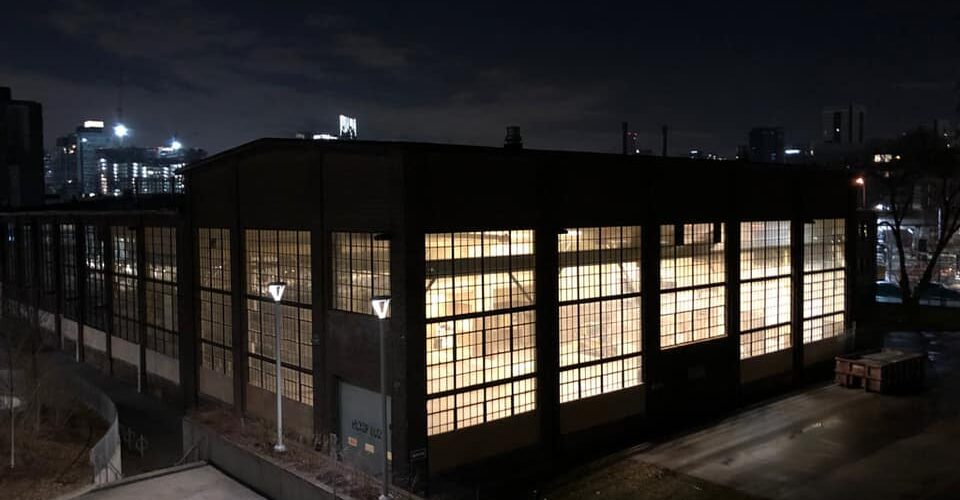
By Krystyna Shchedrina
News that the provincial government tried to sell Toronto heritage buildings known as the Foundry last September has community activists and city officials upset about the lack of consultation.
The news comes after a month of a contentious battle between Toronto communities who took a stand against Ontario Premier Doug Ford’s administration’s plans to demolish the Foundry, the heritage buildings located in West Don Lands of the city.
Court documents show the government agreed to a deal to sell provincially-owned lands at 153-185 Eastern Avenue. Citizens are outraged since the deal was signed in September last year, but they were, once again, not included in the dialogue or at least informed about the provincial government’s intentions.
Last month, on Jan. 29th, Justice David Corbett ruled to suspend the demolition of the Foundry and begin an immediate consultation with the City. In her statement, councillor Kristyn Wong-Tam said this win would not be possible without the collective effort, thanking all of those who signed the petition and donated to the St. Lawrence Community Association Legal Defense Fund.
Suzanne Kavanagh, St. Lawrence Community Organization’s former president, and an active member of the Western Land Committee and ‘Save the Foundry’ group says that since Jan. 14th, the community has raised almost $30, 0000, and sent 400 letters to the Premier’s office to fight the demolition plans.
Kavanagh does, however, say it is obscene for citizens to have to raise money to fight the provincial government in courts. And what the government does now, after judicial orders to start a consultation with the society, is just lip service.
“They [the government] got busted in the courts as far as not doing their due diligence in the proper order. I think right now what they’re doing is that they’re just going through the motions of saying, ‘Oh yeah, here’s our consultation.’ This is bogus consultation. They ask people to send their emails, but they’re not going to get back to anybody. You can send an email and you’ll get an auto-response: ‘Thanks for your email. We’ll put it in with everything else. ‘ Yeah, this is not consultation,” she says.
Kavanagh is sure the government is trying to create the illusion of taking action so that it has cards to play in court. (The final trial was set to take place on Feb. 26, but the court date has been adjourned in hopes there will be an agreement.)
Kavanagh says the trial is all about the legal proceedings, and the lawyers are trying to find an answer to key questions: Who owns this land right now? What is a company called Aspen Ridge Homes and why are they mentioned in court documents? Kavanagh says the city believes Aspen Ridge Homes is the potential buyer and intends to find out if the builder is connected to Ford.
Sam Casola is a Masters’s degree student of Urban and Regional Planning at Ryerson University. Casola says there is concern with the ongoing situation and it is frustrating to hear about the Foundry’s demolition, especially hearing more about how it became about using a ministerial zoning order to do it. “To me, it seemed very abrupt.”
When speaking about the community’s involvement and contribution, Casola says this situation demonstrates people have always been involved in urban planning in a way. Casola says there have always been grassroots efforts like this. And this is the one that blew up and became a really big concern to the community and has now framed urban planning in a really interesting way.
Kavanagh, on the other hand, says the story of saving the Foundry is not about city planning at all. It is all about the misuse of power across the province:
Kavanagh says the purpose of court sessions is to get the provincial government to listen to the people and to have a dialogue with them. A real open dialogue, rather than asking people to send emails that are likely to remain unanswered. In the end, both Kavanagh and Casola say they hope the buildings will be preserved, and the government will learn how to build affordable housing without destroying historical heritage buildings.

